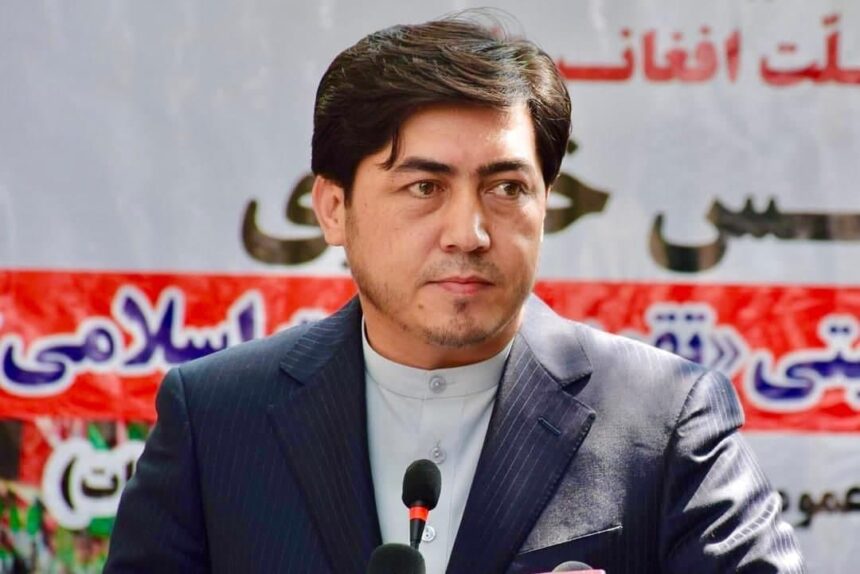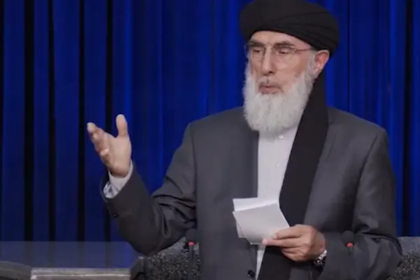RASC News Agency: The Taliban, in a recent meeting with domestic television channels, issued a directive prohibiting the live broadcast of programs. They also handed over a list of “approved experts” to the TV stations, mandating that only those individuals be invited to their shows. The list comprises 68 Taliban-approved figures, including two women, “Maryam Ahmadi” and “Farah Mujahid”, several former communists, and “Jaafar Mahdavi”, a democrat of yesterday who now serves as a mouthpiece for the regime. Other names on the list include “Saeed Khosti” (spokesperson), “Sayed Zikrullah Hashimi”, “Abdul Haq Hammad”, “Mohammad Nasser Haqqani”, “Zalmai Afghan-Yar”, Sayed Akbar Agha, Aziz Stanekzai, Salim Paigaar, Zakir Jalali, Shafi Azam, Nazir Mohammad Muttamin, Abdul Wahid Taqat, Bilal Fatemi, Abdul Samad Samadi, and many more.
What is striking about this list is the presence of several former communists, technocrats, and supporters of Ashraf Ghani Ahmadzai. However, this is not entirely surprising, as for the Taliban, ethnic Pashtun identity takes precedence over ideological affiliations. The inclusion of such figures only strengthens the Taliban’s ethnic narrative and reinforces the ethos of “Pashtunwali”. However, what draws particular attention is the inclusion of Jaafar Mahdavi” a former parliamentarian, leader of a political party, university president, Hazara intellectual, secularist, and author of “The Political Sociology of the Taliban”. Mahdavi, who once wrote extensively on the dangers of the Taliban’s fundamentalist and ethnocentric ideology, now finds himself defending the very group that he once denounced as destructive. Previously an advocate for Hazara and Shia rights in Afghanistan, he now serves a regime that views Hazaras and Shias as “infidels.”
Undoubtedly, Mahdavi is well aware of the Taliban’s dark history of ethnic and sectarian oppression, yet he has chosen to align himself with their regime. However, history has shown that individuals who align themselves with extremist and fascist regimes rarely achieve any meaningful influence. In such systems, mercenaries remain nothing more than expendable tools in the broader machinery of authoritarian rule.






